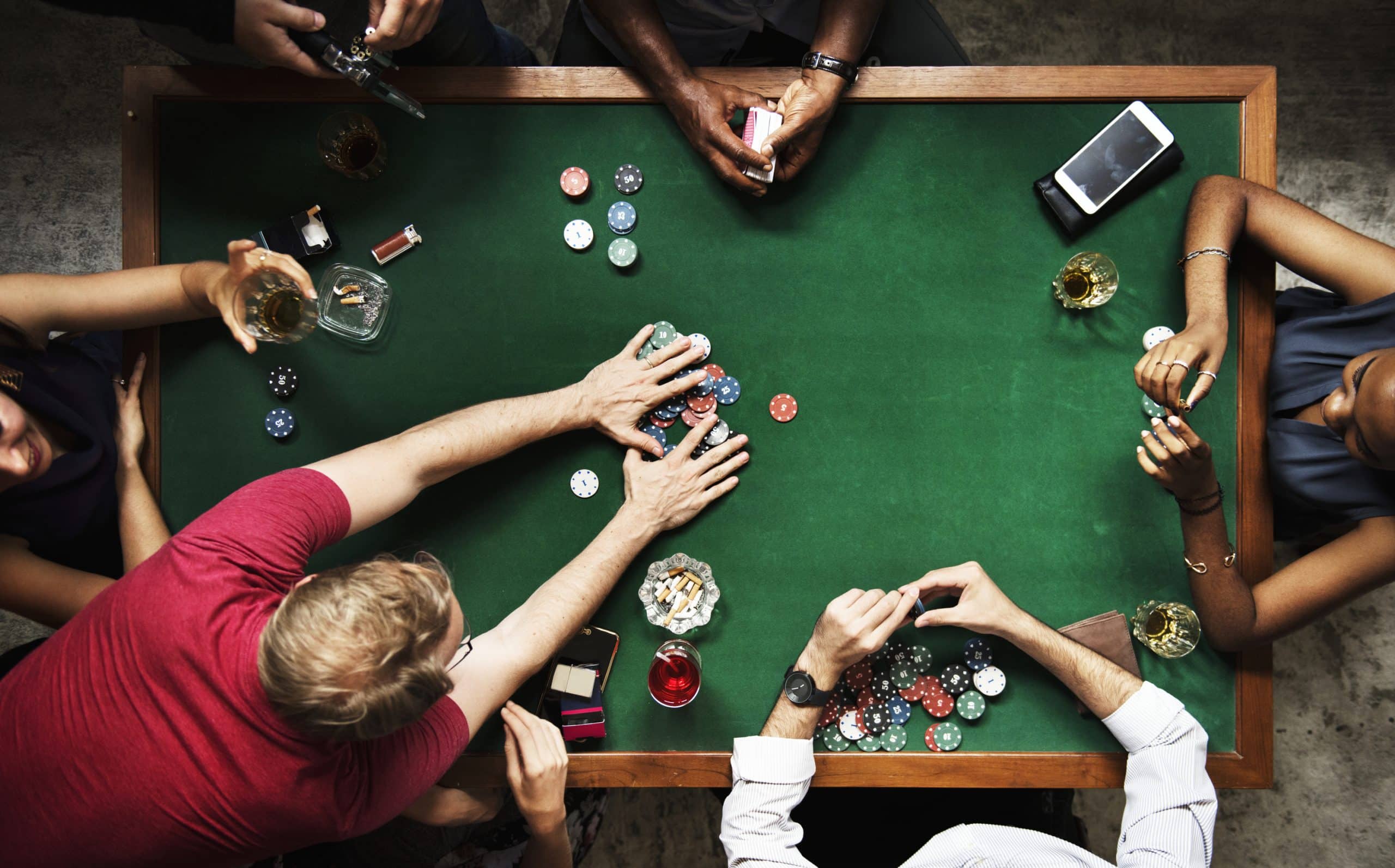What’s the correct way to socialize a puppy with older dogs?

Socializing a puppy with older dogs can be a challenging task, particularly for new dog owners or those inexperienced in puppy training. The process requires patience, consistency, and an understanding of what correct socialization looks like. This article intends to guide you in this endeavor, providing you with the necessary knowledge, practical methods, and tips to make the socialization process smoother. Using keywords like dog, puppy, older, and socialization, we will break down the complexities of this process so you can feel confident in introducing your new pup to older dogs.
Understanding Dog Socialization
Before you begin, it’s crucial to know exactly what we mean by dog socialization. According to the American Kennel Club (AKC), socialization involves exposing a dog to a variety of people, environments, and other animals to help them become comfortable and behaved in many situations. The process helps mitigate problematic behaviors such as excessive barking, fearfulness, and aggression.
In parallel : What’s the best way to train a dog for therapy work in schools?
Dog socialization is not limited to puppies. Adult dogs can also benefit from socialization, albeit it tends to be more challenging due to the ingrained behavioral patterns that come with maturity. The adage "you can’t teach an old dog new tricks" is somewhat misleading; with patience and persistence, older dogs can indeed learn new behaviors.
The Importance of Socializing a Puppy with Older Dogs
Socializing your puppy with older dogs is an essential part of their training. It enables them to learn how to interact appropriately with other dogs, understand dog behavior, and adapt to the social rules of the canine world. Interactions with older dogs can also help your puppy keep calm in unfamiliar situations.
In parallel : How to choose the perfect birdhouse for native species in your area?
Without proper socialization, dogs may develop a range of behavioral issues. These include fear, aggression, or even extreme shyness when confronted with other dogs. But with careful and consistent training, these issues can be avoided.
How to Begin the Process of Socialization
Now that we have established what socialization is and why it’s important, let’s look at how to kickstart the process. The first step is to ensure that your puppy is ready for socialization. According to the AKC, the prime socialization window for puppies is between 3 and 16 weeks old, although socialization should continue well into adulthood to reinforce good behavior.
Start by introducing the puppy to your household, gradually increasing exposure to new environments, sounds, and people. Remember that all experiences should be positive. Negative encounters during this critical period can have a lasting impact on your puppy’s behavior.
After your puppy is comfortable in its surroundings and with the various members of your household, it’s time to introduce them to older dogs.
Introducing Your Puppy to Older Dogs
When it comes to introducing your puppy to older dogs, the process should be gradual and controlled. Start with calm, well-socialized older dogs. These dogs will set a good example for your puppy and are less likely to react negatively to a puppy’s overtures.
To begin, start in a neutral space where neither dog feels territorial. Keep both dogs on leashes at first, allowing them to sniff each other and get acquainted. Keep the leash slack to avoid creating tension that the dog can sense.
Watch the dogs’ body language closely. If either dog shows signs of distress or aggression (such as growling, baring teeth, or stiff body posture), calmly separate them and try again later. Likewise, if the puppy is overly excited or boisterous, distract them with a toy or treat to calm them down before reintroducing the older dog.
Ongoing Socialization and Training
After the initial introduction, it’s crucial to continue socializing your puppy with older dogs. Regular, controlled meetings will help your puppy learn how to interact appropriately with other dogs and reinforce positive behaviors.
Dog obedience classes, play dates with other dog-owning friends, or regular walks in dog-friendly parks can provide excellent opportunities for socialization. Remember, every interaction is a learning opportunity.
During these ongoing socialization efforts, reinforce good behaviors with rewards such as treats, praise, or playtime. This will help your puppy associate positive experiences with interacting with other dogs. At the same time, discourage undesirable behaviors immediately as they occur.
However, remember to be patient. Socialization is a process, not an event. It will take time for your puppy to learn how to behave around other dogs, particularly older ones. It’s also worth noting that different breeds and individual dogs may take longer to socialize than others. Keep persistent, and you will eventually see the results of your hard work.
Ultimately, remember that every dog is unique. What works for one might not work for another. As such, it’s crucial to be adaptable in your training approach. By doing so, you will help your puppy grow into a well-adjusted, sociable adult dog that can interact safely and happily with its fellow canines.
Seeking Assistance from a Certified Professional Dog Trainer
While you can successfully socialize your puppy on your own, you might consider seeking the assistance of a certified professional dog trainer, especially if you’re new to dog ownership or if your puppy shows signs of problematic behaviors. Professional trainers have the knowledge and experience to guide you through the process and provide you with useful advice tailored to your puppy’s specific needs.
Certified professionals understand dog behavior and can help you interpret your puppy’s body language. This understanding can be particularly useful during the initial stages of socialization, where interpreting body language is crucial to prevent negative experiences. A professional can help you identify signs of fear, aggression, or discomfort, enabling you to intervene before a situation escalates.
Working with a certified dog trainer can also provide opportunities for structured socialization. Many trainers run puppy classes where your puppy can interact with a variety of other dogs and people. These classes are usually conducted in a controlled environment, which can provide a sense of security for both you and your puppy.
Remember, the goal is not just to socialize your puppy with older dogs but with a range of dogs of different ages, sizes, and breeds. This exposure will enrich your puppy’s socialization experience and enhance their adaptability.
Exploring Dog Parks and Dog Sports
Dog parks can be a fantastic place for your puppy to socialize with other dogs, including older and adult dogs. Dog parks offer a neutral space where your puppy can learn from observing and interacting with a variety of dogs. It’s a chance for your puppy to experience different play styles, temperaments, and behaviors.
However, keep in mind that dog parks can sometimes be overwhelming for a young puppy due to the number of dogs and the intensity of play. It’s recommended to start with quieter times of the day or smaller, less busy dog parks. Always supervise their play and be ready to intervene if the play gets too rough or if your puppy seems overwhelmed.
Moreover, engaging your puppy in dog sports can be an excellent way to socialize them while also providing valuable training. Sports like agility, obedience, or flyball involve working closely with other dogs and people, promoting cooperation and good behavior.
Whether at a dog park or participating in dog sports, always remember that you are responsible for your puppy’s safety. Keep a close eye on their interactions and step in if any situations seem to be causing your puppy stress or discomfort.
Conclusion
In conclusion, socializing a puppy with older dogs is a vital part of their development. It helps them understand the social cues and behaviors of other dogs, which can significantly impact their interactions with dogs later in life. It’s a process that demands time, patience, and consistency but can also be a rewarding and enriching experience for both you and your puppy.
It’s beneficial to get guidance from a certified professional dog trainer, especially if you are new to dog ownership or facing particular challenges. Dog parks and dog sports provide additional opportunities for socialization, but remember to always ensure your puppy’s safety during these activities.
Ultimately, remember that every puppy is unique, and what works for one may not work for all. Keep patient, stay persistent, and adapt your approach to suit your puppy’s needs. In doing so, you’ll increase the chances of your puppy growing into a well-socialized, happy, and well-adjusted adult dog.
